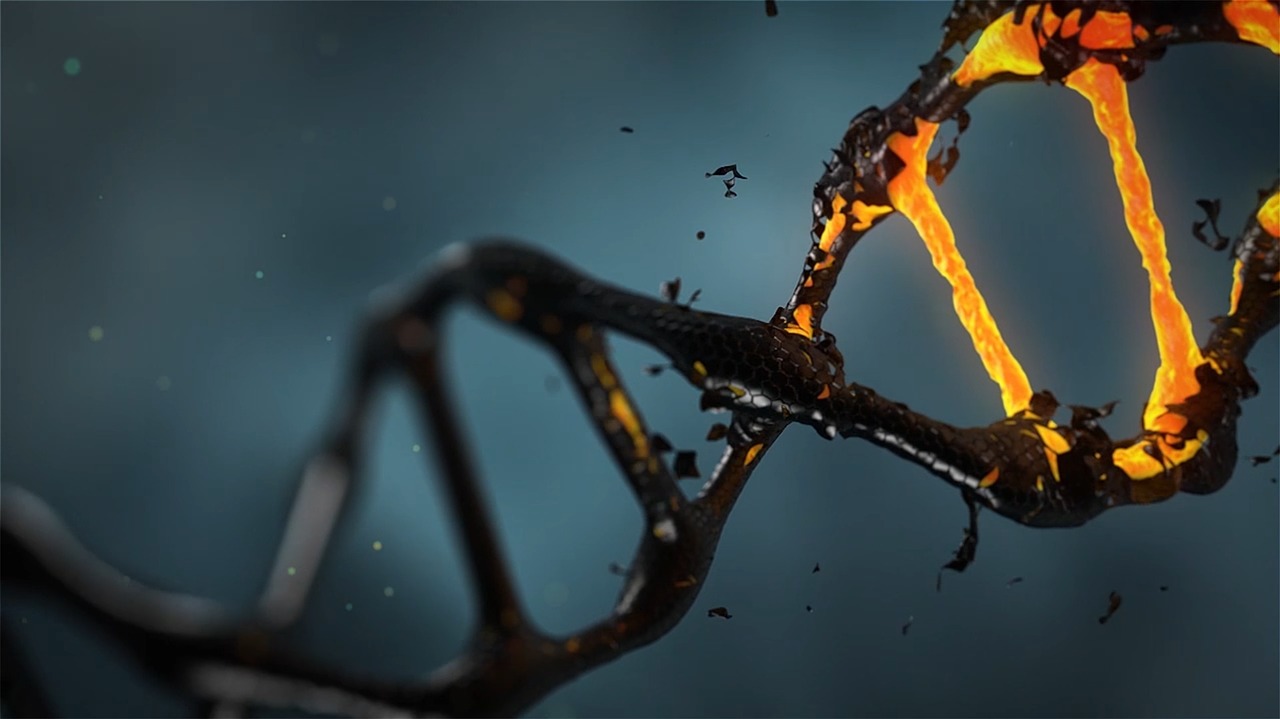
Researchers are one step closer to creating artificial life
When you hear about scientists creating artificial life in a lab, you might think of Frankenstein’s monster or Jurassic Park, but luckily reality is far from the realms of science fiction.
In an exciting new breakthrough, a team of scientists have officially created a unique organism in a lab that uses letters other than the four building blocks of DNA, which are A, T, C, and G.
Floyd Romesberg, a chemical biologist from the Scripps Research Institute, has successfully developed a synthetic strain of E. Coli using the unnatural letters X and Y.
Creating artificial life has been Romesberg’s mission for the past 20 years, and in 2014 he and his colleagues were able to expand the genetic alphabet beyond the four main letters and create the strain of E. Coli.
In his most recent development, Romesberg and his team discovered that the E.Coli can take instructions from its hybrid alphabet letters and create its own new proteins.
“I would not call this a new lifeform—but it’s the closest thing anyone has ever made,” Romesberg told the Daily Mail. “This is the first time ever a cell has translated a protein using something other than G, C, A or T. It’s the first change to life ever made.”
Romesberg hopes to develop new, effective methods to treat disease. Most proteins used in treatments today are flushed out in the kidney quickly, but if researchers could custom make proteins, they could stay in the body longer.
The researchers are aware of the controversy surrounding new life forms, but Romesberg’s E. Coli strain can’t survive outside of a lab, and so there’s no danger of the strain spreading or turning into something new.
The breakthrough could pave the way for new treatments and further developments using new genetic alphabet hybrids.
—
By Kay Vandette, Earth.com Staff Writer













